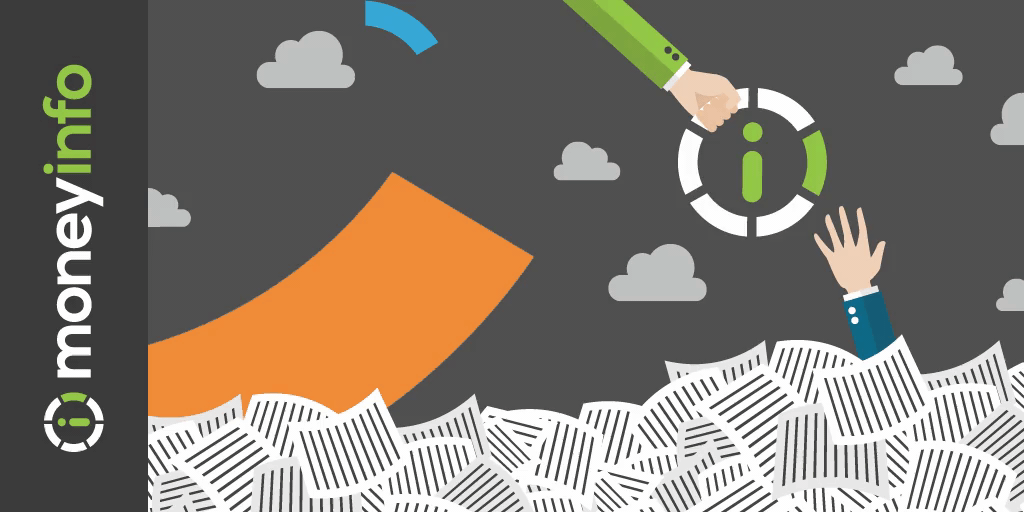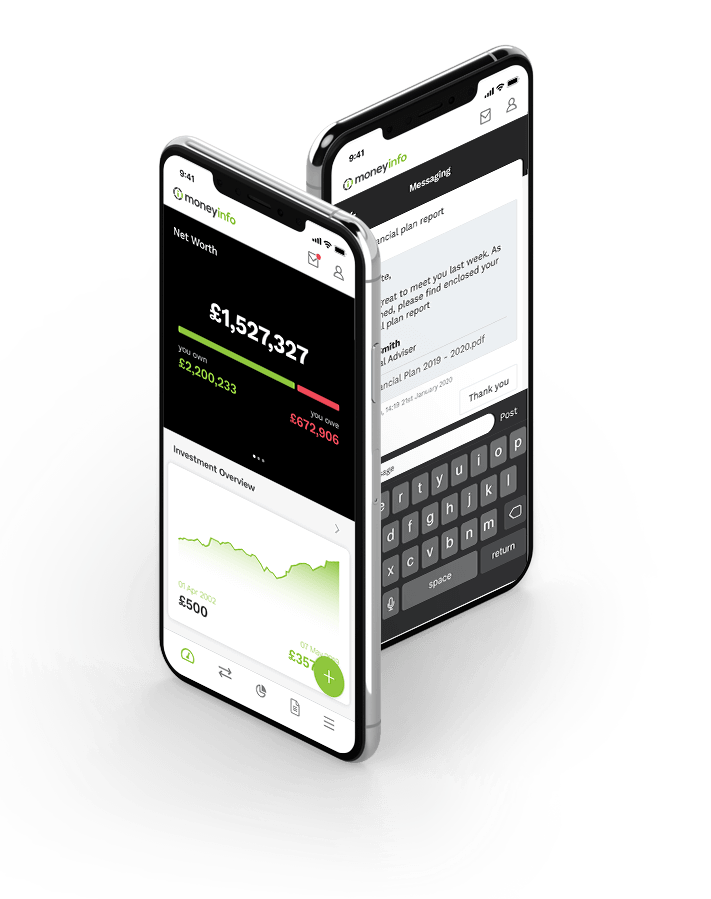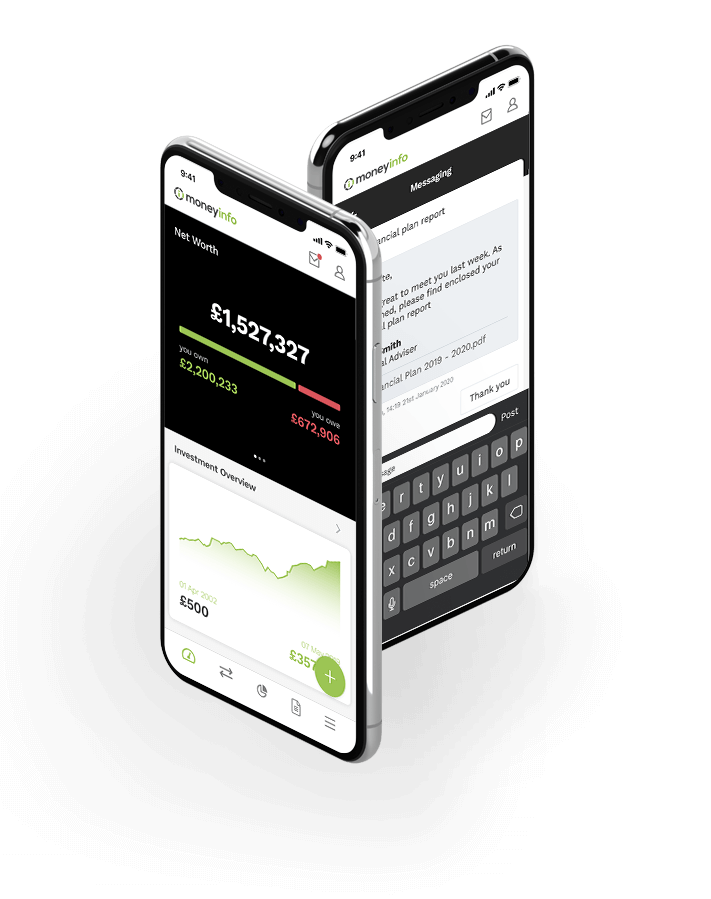Can going digital get us to net zero?
In Citywire's "Ask the Experts" weekly column, moneyinfo managing director, Tessa Lee, discusses how you can align your firm with the drive towards sustainability.
Read the original article here .
"The recent COP26 climate conference has focused us all on the pressing need to do something about the climate crisis we are facing.
According to Mike Berners-Lee...
...the UK financial services industry produces a ballpark figure of 191g of CO 2 e (carbon dioxide equivalent) for every pound spent, pretty much the equivalent of driving a mile in a mid-sized electric car.
In his book, How Bad Are Bananas?: The Carbon Footprint of Everything, he cites that the average carbon footprint of a person in the UK is 13 tonnes per year and that, ideally, we should be aspiring to reach a ‘five-tonne lifestyle’.
Your clients and your employees are more aware than ever about the impact of climate change and the need to work with businesses that can make a positive impact in tackling the climate crisis we are facing. It’s time for action and going digital can get you closer to being a net-zero business.
The paperless office
The most obvious and tangible thing we can all do to reduce our carbon footprint is to go paperless.
According to research by The World Counts, 50% of business waste is composed of paper.
Think about all the paperwork that is exchanged between advisers, clients and providers. Financial advice is jam-packed with suitability reports, statements, illustrations and reports. If you are sending out 20 pieces of correspondence a year, including letters, multi-page glossy reports, brochures or newsletters, to 100 clients you might be generating a footprint in the region of 2.35 tonnes of CO 2 e. That’s nearly half of your target five-tonne lifestyle.
Sharing all of these documents online can seriously reduce your carbon footprint. Going paperless does mean changing the habits of your clients as well as your team. It requires a shift in peoples mindsets to reduce the amount of printing that we all do so that digital copies do not simply become a complement to hard copies.
The added benefit of going paperless is that it reduces your costs, leads to more efficient business processes and makes it easier for your clients to do business with you.
Keep it remote where you can
Working remotely, with colleagues and clients, has become the way we do business over the last couple of years. The amount of CO 2 emissions massively reduced during the Covid-induced lockdowns we experienced in 2020 and the carbon footprint of financial advice businesses improved considerably.
This trend continues with many firms adopting hybrid ways of working, using videoconferencing tools to conduct client and internal meetings rather than travelling miles each year in the car, or adopting client portals for secure communications. It’s continuing to have a positive impact on the environment.
The added benefits of less travel are obvious; more time and less cost. It’s a win-win for your business, your work-life balance and getting to net zero.
Collaboration with clients and colleagues
Digital collaboration tools such as secure messaging, electronic signature tools and workflows help to reduce your carbon footprint.
The carbon footprint of an email is relatively tiny but the time taken to deal with an email, how many people it is sent to and the device it is read on does have an impact.
Time taken to write and read emails contributes to their carbon footprint. Cutting the number of unnecessary emails you receive by unsubscribing from mailers you never read helps, but if you can automate key processes that send out personalised, templated communications to your clients to request information or send documentation you are reducing your time spent on writing out the same email time and time again. Reducing time means reducing the carbon footprint.
There are better, more secure ways to communicate than email which can further reduce your carbon footprint. Communicating with clients and colleagues through a secure portal means that your communications are securely stored and accessible 24/7. Unlike emails, they don’t need to be resent and they are not hitting multiple servers as they travel through the internet.
But hang on, digital processes have a carbon footprint too right?
According to Climate Care, the carbon footprint of our gadgets, the internet and the systems supporting them accounts for 3.7% of global greenhouse emissions. This is primarily due to the manufacturing and shipping involved and the electricity required to power and cool computers. Computers have a fairly large footprint to manufacture, but spending time on a computer is pretty low in CO2e.
In 2020, data centres hosting cloud computing accounted for just 0.25% of the world’s global carbon footprint.
We should all aim to work with partners who rely primarily on renewable energy where we can, which is something you can include in your due diligence when assessing new suppliers. Many major companies involved in the internet have now committed to 100% renewable energy including Microsoft, Rackspace, Apple and Google.
So yes, digital processes do carry a carbon footprint but it is much lower than traditional ways of working. Going digital removes waste and builds more sustainable business processes whilst allowing advice firms to be more productive and deliver a better client experience. So take action today and help your business get closer to net-zero emissions."
You can read the original article with Citywire here .
For more information on how a moneyinfo client portal can help your business, please click here to book a demonstration.





